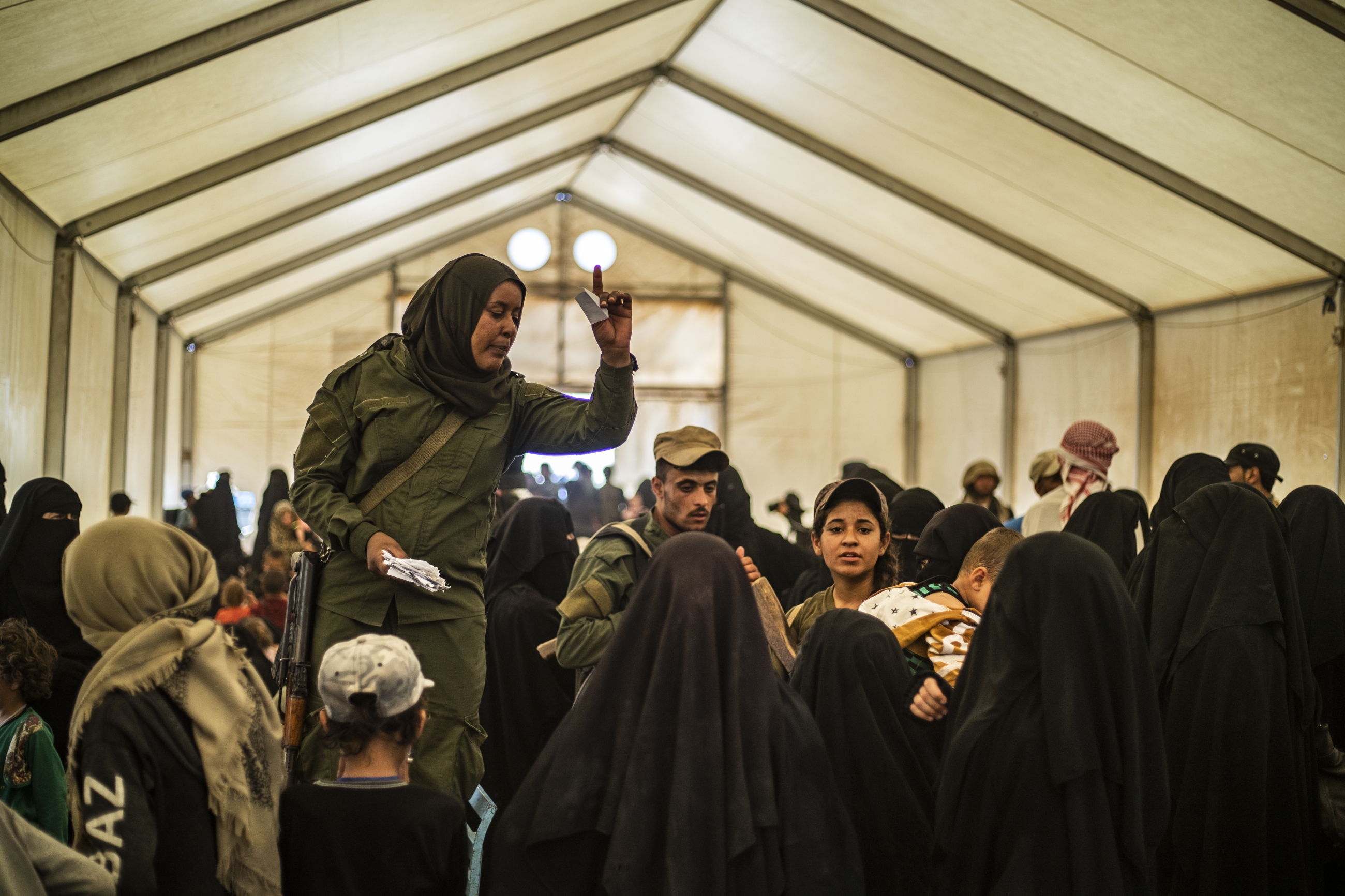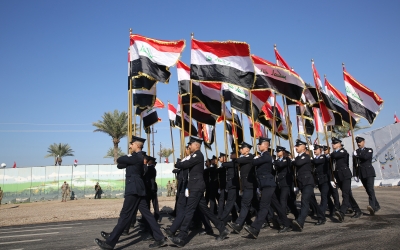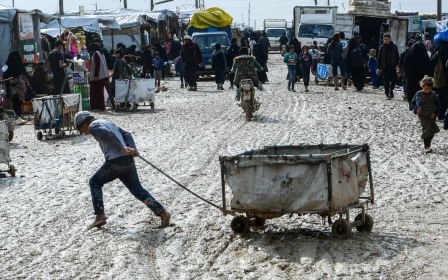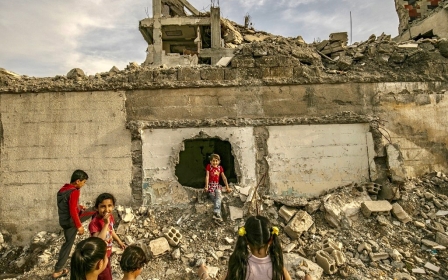Kurdish-led forces transfer IS-linked women and children to US

Two American women with links to the Islamic State (IS) group and six children have been transferred to the US from Syria, according to Kurdish-led authorities.
The repatriation was carried out "at the request of the US government and based... on the free and voluntary desire of the American citizens to return to their country without any pressure or coercion," spokesman Kamal Akef said in a statement, quoted by AFP.
The eight had been staying in Al-Hol camp in northeast Syria, which is home to nearly 74,000 displaced people, including wives and children of suspected IS fighters.
Some of the evacuees from IS areas have been repentant, but others have made clear their allegiance to the militant group remains intact, turning Al-Hol into a tinderbox, with fights breaking out as loyalists have attacked other camp residents.
On Monday, Kurdish authorities handed over five Norwegian orphans who had been stranded in the same camp, following a visit by a delegation from Oslo.
They also started sending home 800 Syrian women and children who had been evacuated from the IS "caliphate", before it was declared defeated on 23 March.
Abdulkarim Omar, co-chair of foreign relations in the Kurdish-led region, said foreign governments now appeared more willing to repatriate citizens but for "only humanitarian causes".
He told Reuters he expected more foreign women and children to be sent home from Syria in the near future.
Omar said the eight Americans were due to arrive in the United States on Wednesday.
The Kurdish-led administration, which controls swathes of north and east Syria, said it had helped repatriate them based on their "free and voluntary desire to return to their country".
Repatriation controversy
Other countries have been reluctant to take back citizens who joined IS.
France has long insisted its adult citizens captured in Iraq or Syria must face trial before local courts, while the UK has revoked the citizenship of a number of suspects.
This stance drew criticism in March when pregnant 19-year-old Shamima Begum lost her British citizenship after giving interviews in which she begged to return home but showed little remorse for having been an IS propagandist.
Her baby, Jarrah, died of pneumonia less than three weeks after he was born.
An operation launched by the SDF in September 2018 was wrapped up in March with a final victory against IS fighters holed up in the village of Baghouz.
While the Kurdish-led forces have started sending Syrians back to their home towns, the fate of non-Syrians remains unclear.
Plans are afoot for the repatriation of thousands of Iraqis who also live in Al-Hol.
Middle East Eye delivers independent and unrivalled coverage and analysis of the Middle East, North Africa and beyond. To learn more about republishing this content and the associated fees, please fill out this form. More about MEE can be found here.





